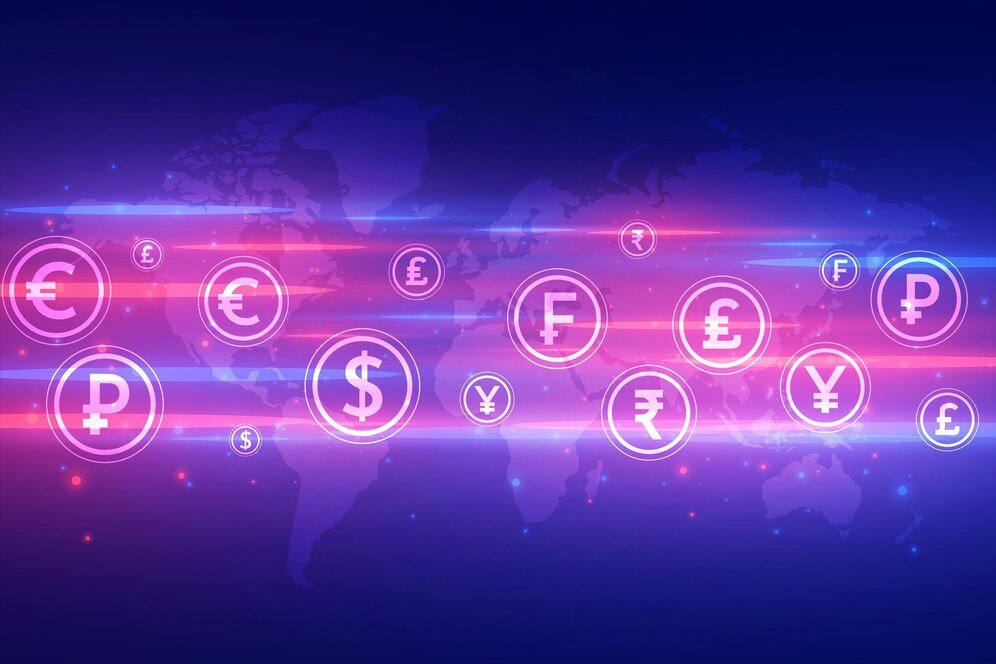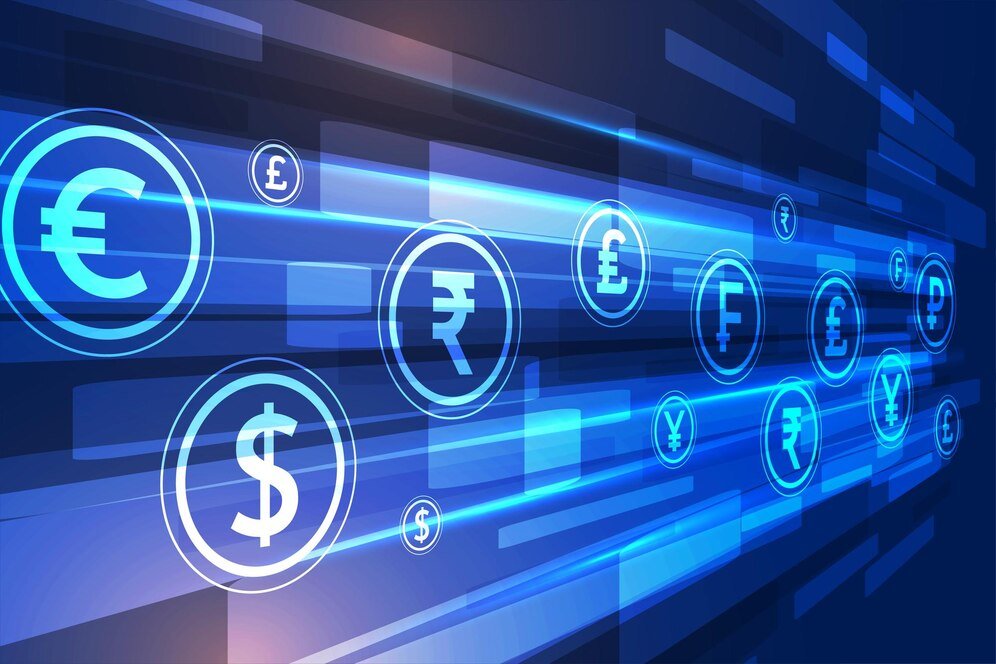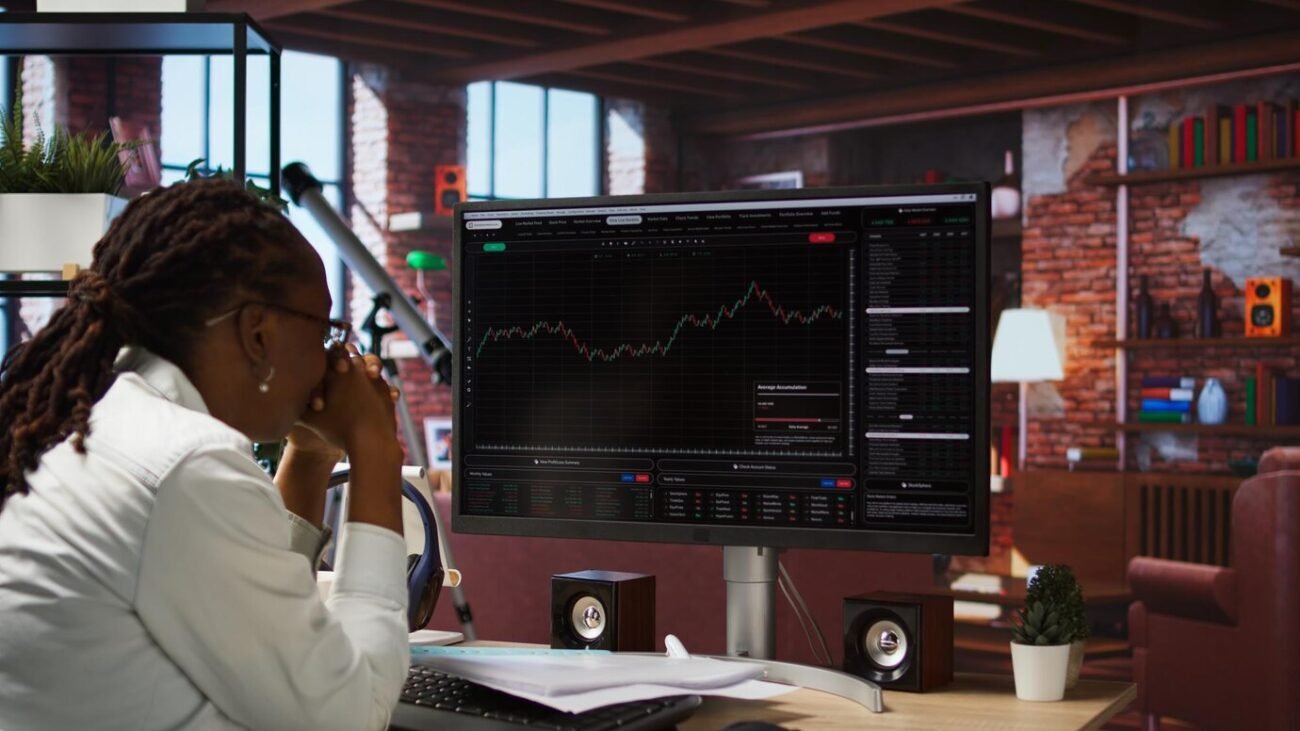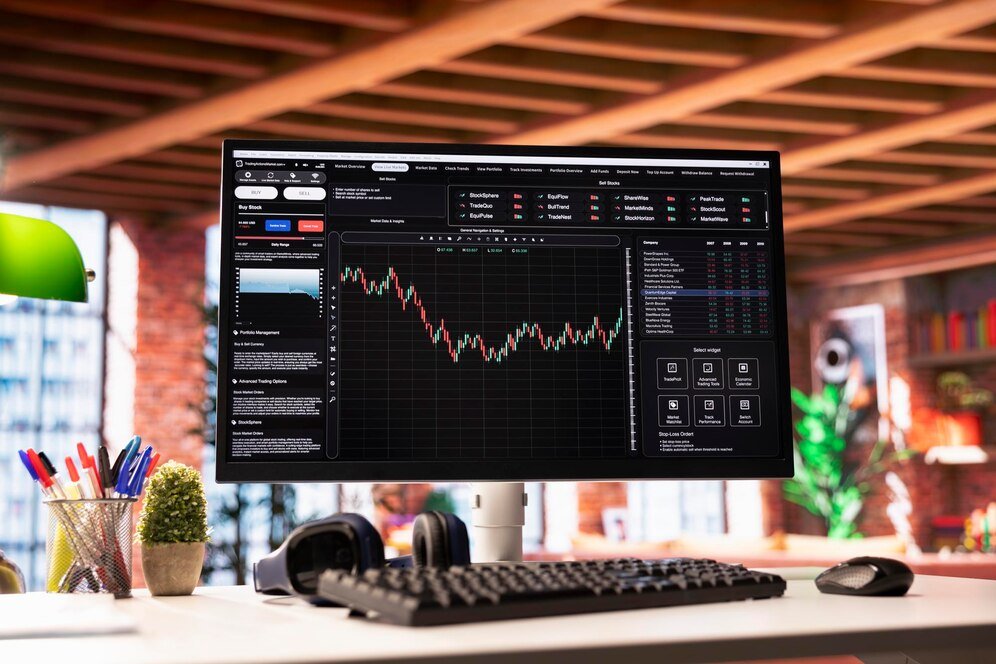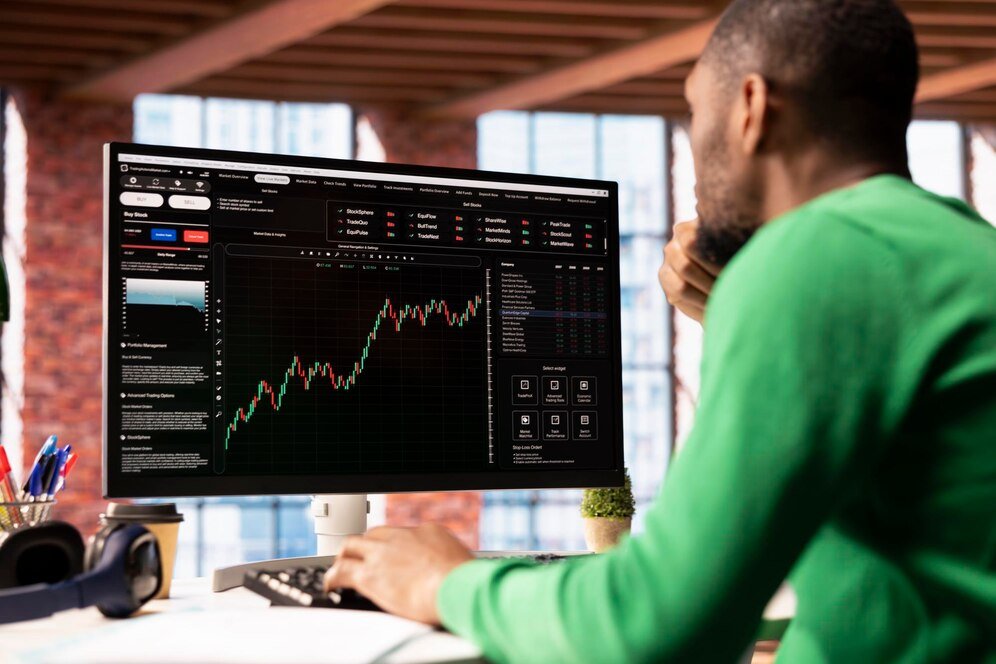Cryptocurrency exchanges are the gateway to the world of digital assets, providing users with the opportunity to buy, sell, and trade a wide variety of cryptocurrencies. However, as the industry continues to grow, so does the risk of making costly mistakes, especially for beginners. Whether you’re new to crypto or a seasoned investor, navigating exchanges without falling into common pitfalls is essential to securing your investments and making the most of your trading experience.
In this blog, we’ll cover the most common mistakes users make on cryptocurrency exchanges and provide actionable tips to help you avoid them.
1. Not Enabling Two-Factor Authentication (2FA)
Mistake: One of the most significant security risks on cryptocurrency exchanges is failing to enable two-factor authentication (2FA). Many users assume their exchange account is safe with just a password, but passwords can be hacked or leaked.
Solution: Always enable two-factor authentication (2FA) to add an extra layer of protection to your account. This usually involves linking your exchange account to an authentication app (like Google Authenticator or Authy) or receiving a code via SMS when you log in or perform a transaction. Even if someone obtains your password, they won’t be able to access your account without the second factor.
Why It Matters: 2FA drastically reduces the chances of your account being compromised by hackers, especially in the case of exchanges holding significant amounts of funds.
2. Using Weak Passwords
Mistake: Using weak or easily guessable passwords is a frequent mistake many users make. Simple passwords like “123456” or “password” are not only insecure but can be easily cracked by malicious actors.
Solution: Use strong, unique passwords for your cryptocurrency exchange accounts. Aim for a password that is at least 12 characters long and includes a mix of uppercase and lowercase letters, numbers, and special characters. Consider using a password manager to generate and store complex passwords securely.
Why It Matters: A strong password is your first line of defense against unauthorized access to your account. Pairing this with 2FA creates a more secure environment for your funds.
3. Not Verifying the Legitimacy of the Exchange
Mistake: Many beginners rush into using cryptocurrency exchanges without verifying whether they are legitimate or secure. This can lead to falling victim to scams, especially with new or lesser-known platforms.
Solution: Always verify the legitimacy of any exchange before depositing funds. Check for:
- Licensing and regulatory compliance: Is the exchange regulated by relevant authorities? A licensed exchange is less likely to be involved in scams.
- Security measures: Look for features like cold storage for the majority of funds, SSL encryption, and a history of hacks or security breaches.
- User reviews: Check forums like Reddit, Trustpilot, or other review sites to get feedback from real users.
Why It Matters: Scammers often target inexperienced traders. Using a legitimate and reputable exchange ensures the safety of your funds and protects you from potential fraud.
4. Failing to Use Cold Storage for Long-Term Holdings
Mistake: Leaving large amounts of cryptocurrency on exchanges can expose you to significant risks. While exchanges may have security measures in place, they are still vulnerable to hacks, and you are at the mercy of their internal security.
Solution: If you’re planning to hold cryptocurrency for the long term, use cold storage (hardware wallets) to store your assets safely offline. Popular options include Ledger, Trezor, and KeepKey. Only keep a small amount of crypto on exchanges for trading or short-term use.
Why It Matters: Cold storage provides a significantly higher level of security because it is not connected to the internet, making it much harder for hackers to access.
5. Not Paying Attention to Fees
Mistake: Many users neglect to check the fees associated with trading on an exchange. Cryptocurrency exchanges often charge trading fees, deposit and withdrawal fees, and sometimes hidden fees that can significantly reduce your profits.
Solution: Before using an exchange, familiarize yourself with its fee structure. Most exchanges charge a percentage-based fee on trades, but some may have flat fees for deposits, withdrawals, and currency conversions. Additionally, some exchanges offer discounts or lower fees if you use their native tokens (e.g., Binance’s BNB or KuCoin’s KCS).
Why It Matters: Over time, trading fees can add up and eat into your profits. Choose an exchange that offers competitive fees, and consider trading during lower-traffic periods to avoid higher spreads.
6. Overtrading and Emotional Trading
Mistake: Overtrading or emotional trading is a common mistake, especially during volatile market conditions. Traders might make impulsive decisions based on fear or greed, leading to significant losses.
Solution: Develop a clear trading plan and stick to it. Avoid trading based on emotions or short-term market fluctuations. Instead, focus on long-term strategies, such as setting stop-loss orders to protect your funds, and only invest what you are prepared to lose. Educate yourself about risk management and keep your trading decisions logical rather than reactive.
Why It Matters: Emotional trading can lead to rash decisions, such as panic selling or buying at the wrong time. A disciplined approach improves the chances of making profitable trades over time.
7. Ignoring Withdrawal Limits and Processing Times
Mistake: Many users are unaware of the withdrawal limits and processing times associated with cryptocurrency exchanges. This can lead to frustration when you need to withdraw funds quickly or exceed the exchange’s daily withdrawal limits.
Solution: Before depositing or trading on an exchange, check the platform’s withdrawal limits (both daily and monthly) and processing times. Some exchanges may have higher fees or longer processing times for large withdrawals. Make sure the exchange offers a withdrawal option that suits your needs.
Why It Matters: Unexpected withdrawal restrictions or long processing times can delay your access to funds when you need them the most. Plan ahead to avoid delays in critical situations.
8. Not Keeping Track of Taxes and Regulatory Obligations
Mistake: Many crypto traders neglect to track their transactions for tax purposes, assuming that cryptocurrencies are outside the scope of taxes. However, in most countries, cryptocurrency transactions are taxable.
Solution: Keep detailed records of all your crypto transactions, including purchases, sales, and trades. Use tools like CoinTracker, Koinly, or CryptoTrader.Tax to help you calculate your gains and losses automatically. Be aware of the tax regulations in your country regarding cryptocurrency and report your earnings accordingly.
Why It Matters: Failing to report cryptocurrency earnings can result in legal issues or penalties. Keeping track of your transactions helps ensure you stay compliant with tax regulations.
9. Not Understanding Market Liquidity
Mistake: Trading on an exchange with low liquidity can result in high slippage, where your orders are filled at prices significantly different from what you expected. This is especially problematic when trading large volumes of assets.
Solution: Before making large trades, check the liquidity of the cryptocurrencies you’re trading. Most exchanges display the trading volume for each currency pair. For optimal trading conditions, use an exchange that has high liquidity for your chosen assets.
Why It Matters: Low liquidity can result in price manipulation or the inability to execute trades at your desired price. High liquidity ensures your trades are filled promptly and at competitive prices.
10. Failing to Stay Updated on Market Trends and Exchange Changes
Mistake: Cryptocurrency exchanges are constantly evolving, with new features, assets, and regulations. Failing to stay updated on changes could result in missed opportunities or prevent you from fully utilizing the exchange.
Solution: Subscribe to newsletters, follow the exchange’s official channels (such as social media or blogs), and join relevant online communities (like Reddit or Telegram groups). Stay informed about updates, maintenance schedules, new features, and market trends.
Why It Matters: Staying updated will help you make better-informed decisions, avoid issues caused by updates or changes, and take advantage of new trading opportunities.
Conclusion
Using cryptocurrency exchanges is a convenient way to access the digital currency market, but it’s essential to be aware of the common pitfalls that can lead to security breaches, lost profits, or missed opportunities. By implementing security measures like 2FA, choosing legitimate platforms, understanding fees, and using good trading practices, you can avoid these common mistakes and enhance your cryptocurrency experience.
Remember, trading cryptocurrencies involves both risks and rewards. Educate yourself, stay secure, and make informed decisions to maximize your potential for success in the fast-paced world of crypto.





